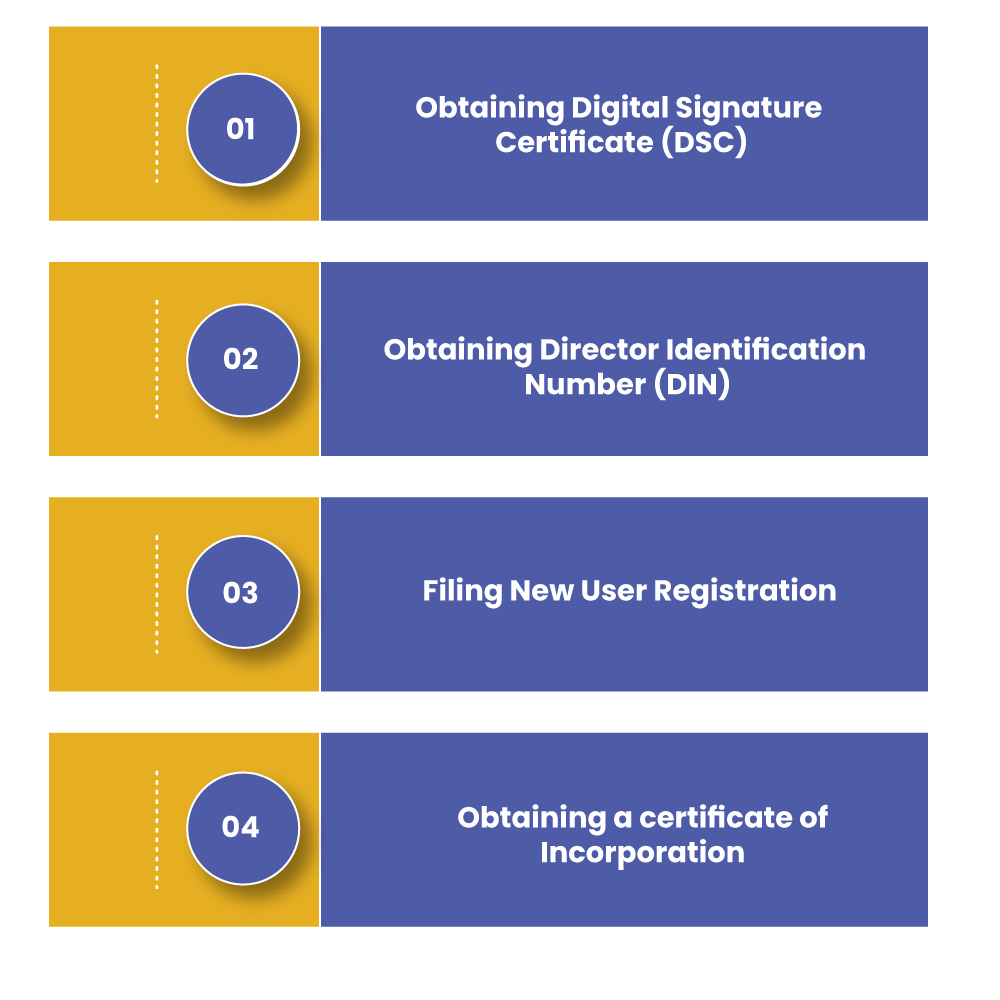What are the Legal Requirements to Register a Small Firm in India?

Japsanjam Kaur Wadhera | Updated: Dec 05, 2020 | Category: Business, Private Limited Company
In these modern times, starting up a business in India has enhanced and become better notably. Development in the Indian economy has helped the small firms to take the initiative of starting up their own business. The government has also supported the small firms by introducing many schemes and other various initiatives to help them set their foot in the market and contribute towards the growth. One significant question that arises for the small or private firms to start a business is that what are the legal requirements to register a Small firm in India?
When a private company is starting its business in manufacturing, retailing or service, the firm step to protect its business before entering into the market is to get itself registered. For a small firm, it is vital to get itself registered.
Therefore, the write-up will talk about all the necessary requirement to register a small firm in India.
Table of Contents
Types of Business Structures in India
One Person Company (OPC)
The Indian Government in 2013 introduced a new type of business structure which is called One Person Company. A single owner or the proprietor now can start a small firm of his own. It helps a sole-proprietor to continue his business and still be a part of the corporate sector.
Before this initiate taken by the Government, sole – Proprietorship Company could not be incorporated, and a minimum of two directors were required to start a small firm.
The members/owners of this company have limited liability to shares brought by them in the company.
The advantage of setting up of this type of company is that it is easy to manage this type of business structure, the owners can easily get a loan from the bank as such type of company is given a legal recognition under the company law.
Limited Liability Partnership (LLP)
A Limited Liability Company is a separate legal entity and the partners in such a company have limited liability only to the agreed contribution made by them in the company.
LLP is a flexible business structure and separates personal and business liabilities. It is a business structure only for a limited period and is not accountable for any debts in the business like other business structure.
Private Limited Company (PLC)
A Private limited company is a type of company which consists of a minimum of 2 members and a maximum of 200 members. The funds under this company cannot be raised from the public, and therefore the company cannot publicly issue shares.
Since the company itself is recognised as a separate legal entity from its owners, no paid-up capital is required to start with this type of company. The liability of the owners of the company is only limited to the share brought by him/her in the company.
Also, the shares can be easily transferred to the other persons, and the company can issue debentures to the public and receive funds from them.
Public Limited Company (PLC)
It is a type of company consisting of voluntary association of members and is incorporated under the company law. The liability of the members is limited to the shares they brought into the company. The company is a separate legal entity from its members.
What are the Legal requirements to register a small firm in India?
A certain procedure has to be followed to get a company registered under the Companies Act 2013. There are four legal requirements to register a small firm in India.

Obtaining Digital Signature Certificate (DSC)
The private company must apply for the DSC. It is an e-signature which helps to complete the company registration process online in India. It takes almost two days to get a DSC after submitting the necessary documents.
Obtaining Director Identification Number (DIN)
The second step is to obtain a director identification number. According to the amendment act 2006, it is important to obtain a DIN. The director of the company needs to file a DIN e-form which can be taken from the official State of Ministry of Corporate Affairs.
After receiving the DIN the director must intimate it to the members of the company about it through DIN-2 form. The company later then needs to inform the Registrar of Corporate regarding all the DIN of the directors through DIN-3 form.
Any changes in the DIN can be done by the director through DIN-4 form. Such changes include details like the address, contact no. Name etc.
Filing New User Registration
The next step is to create an account on the MCA portal[1] or registered user account for filing the e-form, making transactions, online fee payment etc. as a registered user.
Obtaining a certificate of Incorporation
The last step is to obtain a certificate of incorporation. It is a legal document that makes the formation of the company valid and brings it into existence.
It includes the following information
- The corporation’s name along with its abbreviation
- The details such as name, address etc. of the managers, secretary and proposed directors
- A statement about the business purpose
- The registered office address and the name of the registered agent
- Number of shares authorized to be issues and description of different types of stocks that can be issued by the company if more than one type
Other documents which are the requirements to register a small firm in India
- A PAN Card copy of directors of the company.
- Valid Address proof of all the directors in any form like Voter ID, Driving License, Aadhar Card, Utility bill, Passport, Bank statement.
- Passport-size photographs ( 3 each).
- Signature
- Consent from all the Directors in DIR-2 form, along with DIN details and DSC.
- A declaration by subscribers and directors in Form INC-9.
- proof of the registered office address of the company ( Anyone from registered title document/sale deed in the name of the company/Recent Utility Bill).
- For a rented office- NOC from the owner for using the property as a registered office address, Notarised Rent or Lease agreement.
- Sale deed in case the property is owned.
- Tax identification number.
- Copy for board resolution or formal authorisation for the use of company name or trademark.
- MOA or Memorandum of Association.
- AOA or Articles of Association.
- Latest copy of an energy bill or the property tax receipt or water bill must be sent to confirm admission to the registered ESIC registration
- Import Export Code (IEC) where a business is involved in import-export.
Conclusion
Company Registration provides many advantages to new entrepreneurs. All these legal requirements to register a small firm are very necessary because not only it enhances the credibility of a small firm, but it also protects it from menaces as well. It builds goodwill and reputation of the business and helps to attract the attention of the customers as well.
Registration helps the small business to protect the assets of the company and provide great stability to the firm. It helps the small firms to develop as it creates a positive competition which encourages them to grow more.
Also, Read: https://swaritadvisors.com/learning/start-a-small-finance-company-in-india/














